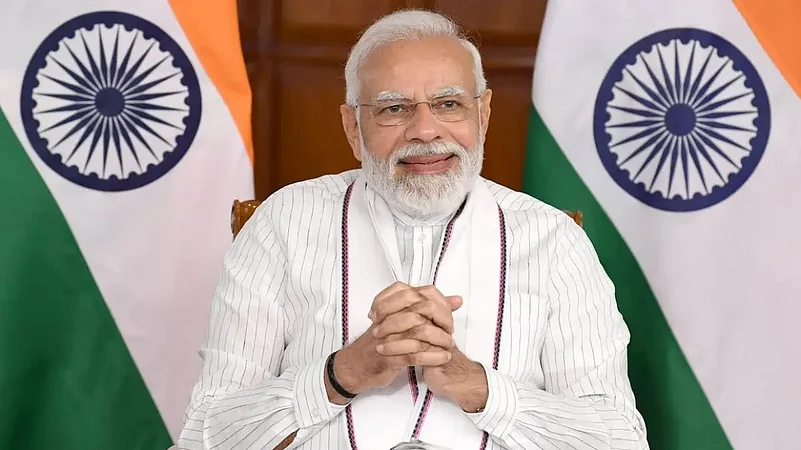Prime Minister Narendra Modi is all set to embark on a significant five-nation tour from July 2 to July 9, 2025, marking one of his most ambitious diplomatic missions in recent years. The journey will take him across two continents, with key stops in Ghana, Trinidad and Tobago, Argentina, Brazil, and Namibia. The highlight of the tour will be his participation in the 17th BRICS Summit in Brazil, where he is expected to play a pivotal role in shaping discussions on global governance, economic cooperation, and the evolving world order.
Ghana
The first leg of the tour begins in Ghana from July 2 to 3, making it the first visit by an Indian Prime Minister to the West African nation in over three decades. During his stay, Prime Minister Modi will hold talks with the President of Ghana, focusing on strengthening the robust bilateral partnership between the two countries. The discussions are expected to cover economic cooperation, energy, defence, and development initiatives, reflecting India’s commitment to deepening ties with Ghana, as well as with regional bodies like the Economic Community of West African States (ECOWAS) and the African Union.
Trinidad and Tobago
From Ghana, the Prime Minister will travel to Trinidad and Tobago for a two-day visit from July 3 to 4. This marks the first Prime Ministerial visit to the Caribbean nation since 1999. In Trinidad and Tobago, Modi will meet President Christine Carla Kangaloo and Prime Minister Kamla Persad-Bissessar. He is also expected to address a joint session of the Parliament, aiming to rejuvenate the deep-rooted historical and cultural ties between the two countries.
Argentina
The next stop is Argentina, where the Prime Minister will be from July 4 to 5. Here, he will hold wide-ranging talks with President Javier Milei. The agenda includes expanding cooperation in areas such as defence, agriculture, mining, oil and gas, renewable energy, trade, and investment. This visit is expected to further strengthen the multifaceted strategic partnership between India and Argentina, paving the way for greater collaboration in key sectors.
Brazil
The centrepiece of the tour will be the visit to Brazil from July 5 to 8, where Prime Minister Modi will attend the 17th BRICS Leaders’ Summit in Rio de Janeiro. The summit brings together major emerging economies and is expected to focus on pressing global issues such as reform of global governance, peace and security, strengthening multilateralism, responsible use of artificial intelligence, climate action, global health, and economic and financial matters. Modi will also hold bilateral meetings with Brazilian President Luiz Inacio Lula da Silva, aiming to broaden the strategic partnership between India and Brazil in trade, defence, energy, space, technology, agriculture, and health.
Namibia
The final leg of the tour will take the Prime Minister to Namibia on July 9, marking his first visit to the country. In Namibia, Modi will hold talks with President Netumbo Nandi-Ndaitwah and pay homage to the nation’s founding father, Dr. Sam Nujoma. The visit is expected to reaffirm India’s historical ties with Namibia and explore new avenues for cooperation, especially in the context of Africa’s growing importance in India’s foreign policy.
This eight-day, five-nation tour is not just a demonstration of India’s growing diplomatic outreach but also a reflection of the country’s commitment to strengthening relations with key players of the Global South. The packed itinerary underlines Prime Minister Modi’s approach of maximising engagement and output during official trips, with each stop designed to bolster India’s economic, strategic, and cultural partnerships on the world stage.
The BRICS Summit in Brazil will be closely watched, as India is expected to push for reforms in global governance and seek support on issues such as cross-border terrorism, economic cooperation, and climate action. With the world’s attention on Rio de Janeiro, Prime Minister Modi’s participation is set to further enhance India’s stature as a leading voice among emerging economies and a key advocate for the interests of the Global South.


